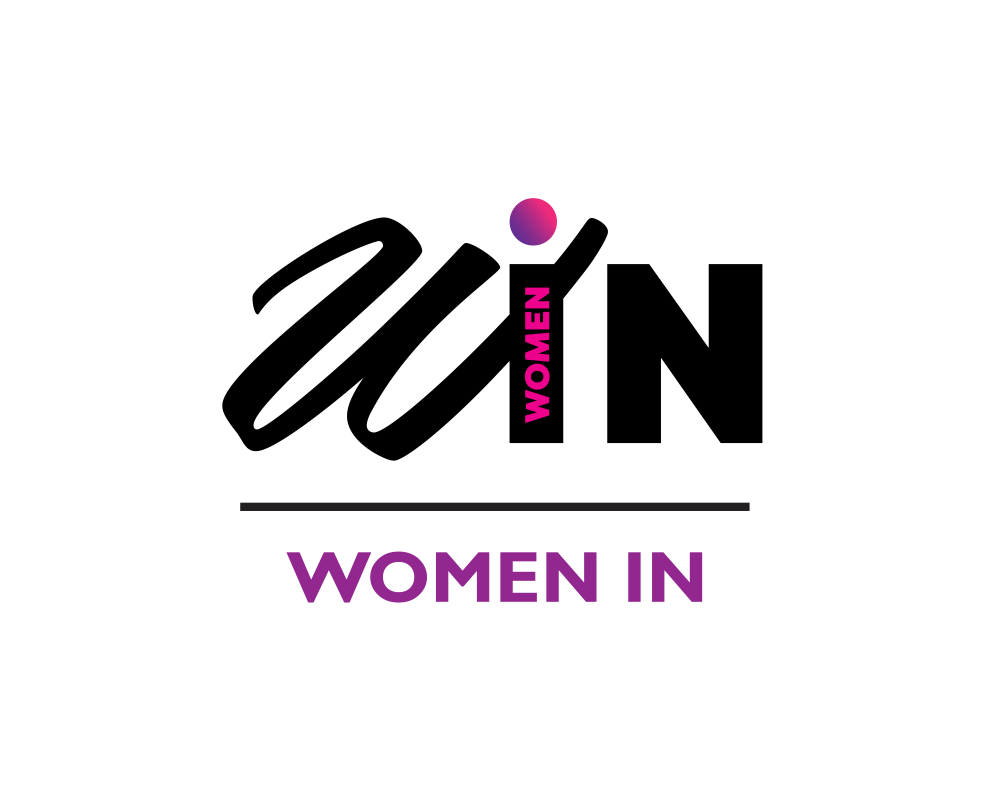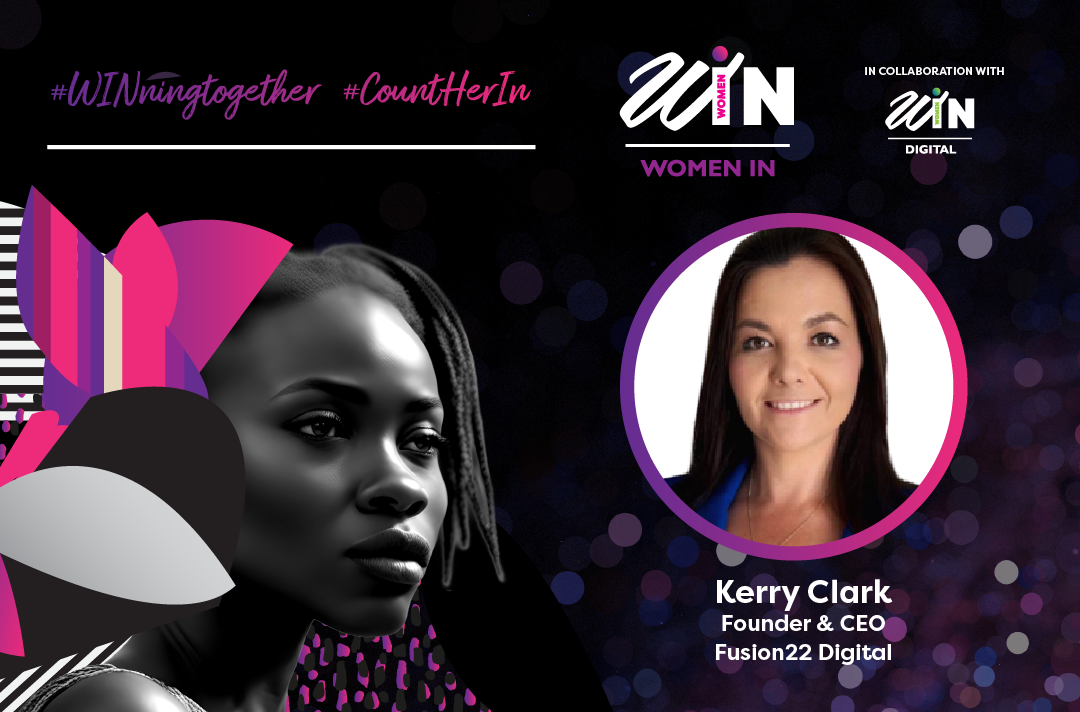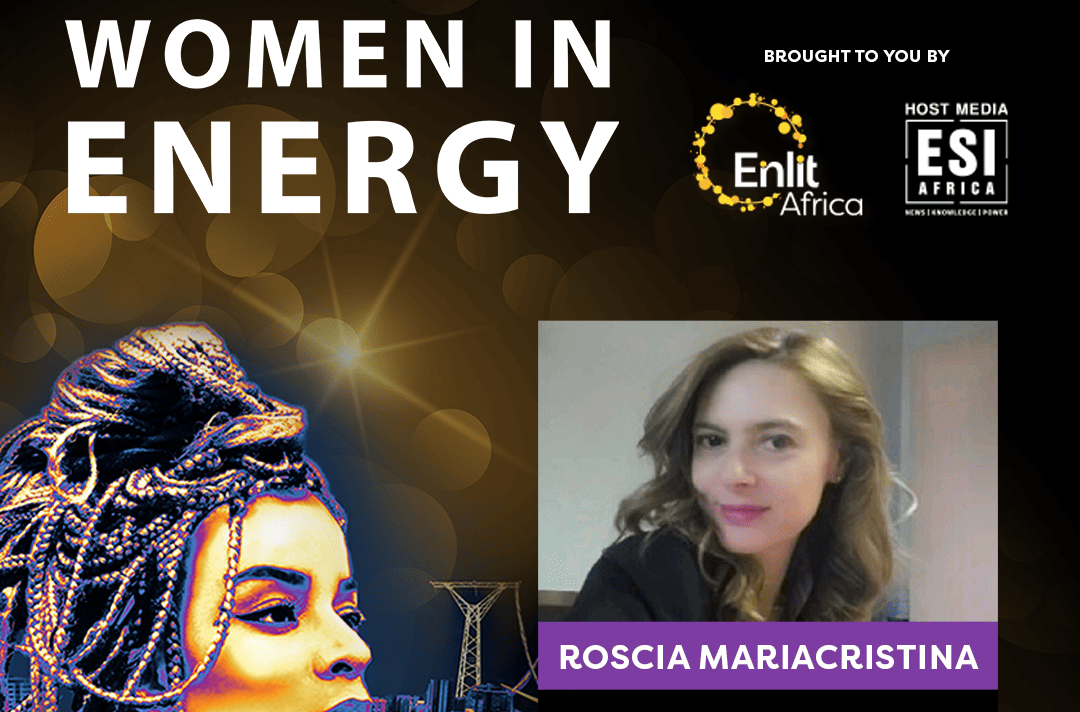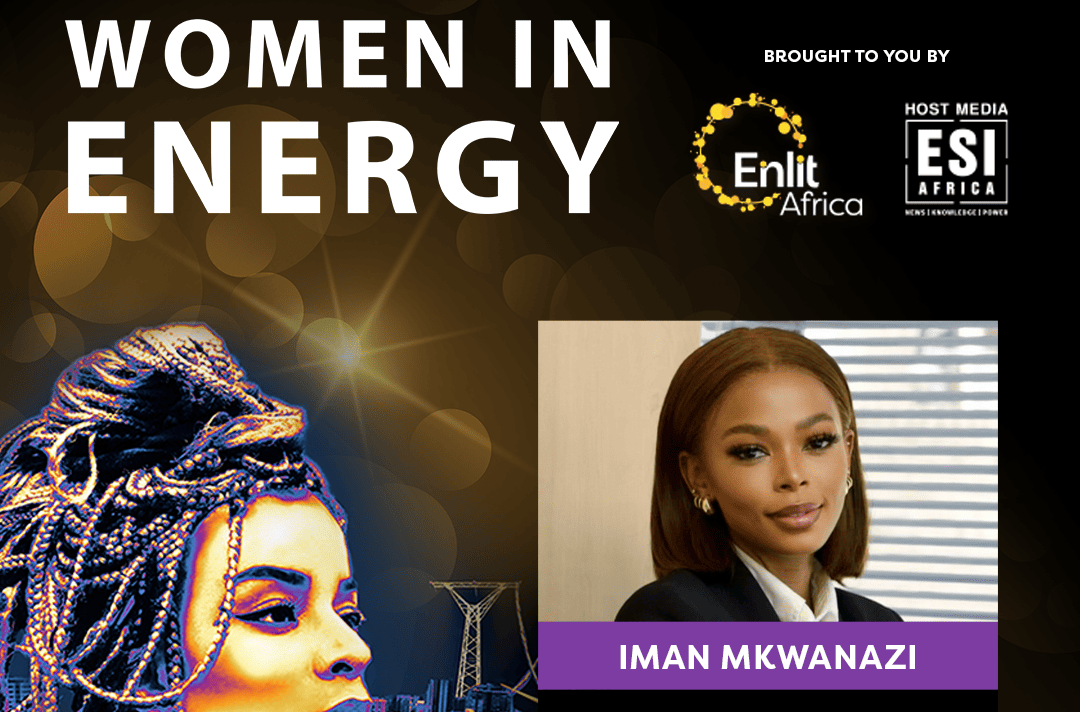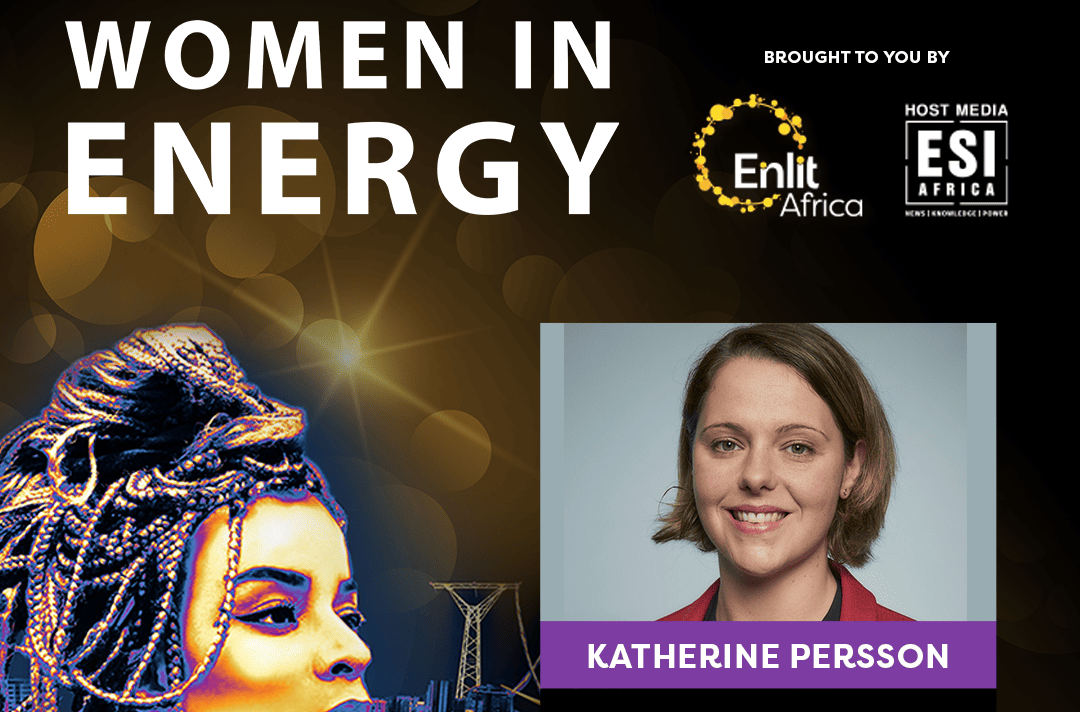Roscia is a professor at the University of Bergamo Italy. Her doctoral thesis was on renewable sources in Africa and several of her papers (for example “Smart Resilient City and IoT Towards Sustainability of Africa”) are on the great possibilities of making African cities smart. She is also interested in being part of a scientific commission or other organization that promotes & assists sustainable development in Africa.
Personal Questions
How did you end up in the energy sector and what advice would you give to other women wanting to follow a similar career trajectory?
Electricity has always fascinated me, due to the incredible intelligence it has in itself, for example, it moves towards a circuit with less electrical resistance, which makes it intuitively understandable!
In your opinion, why do you think the energy sector in its current state has less female representation and do you see it increasing?
Since my studies, there have been very few women in this industry, as well as now, but perhaps we have set an example that there really are no obstacles in this area for us women and that female intuition is of great help in this area of research.
Industry Questions
What opportunities do you see in Africa’s energy market?
The African market obviously has invaluable renewable sources and with the skills and level of knowledge achieved in this field, Africa could be made a self-sufficient nation and exporter of green energy, without compromising the unique African natural habitat in the world.
What recent successes give you hope for Africa’s energy industry?
The interest that women have placed in this sector is evidence of a cultural movement that can lead to the creation of sustainable smart cities in the African continent.
Bio
Iman is the co-director of Matleng Energy Solutions, which specialises in energy advice, sustainable housing, gas, and environmentally friendly renewable solutions. Iman has sustainable projects in the private and public sectors and has received awards for human capital development; advisory services; empowerment of women and youth and contributing to sustainability. She is also one of the finalists for Mail and Guardians 2023 200 Young South Africans.
Iman holds a BSc,MDP, Postgraduate Diploma in Business Administration and MBA as well as the international certificates from the IESEG School of Management, Paris.To better equip herself in her field, she went back to university to study electrical engineering and hopes to register for her PhD in Energy Studies. Iman’s vision is to contribute to stabilising transmission and distribution of energy so that all South Africans have access to energy through both alternative and traditional methods.
Personal Questions
How did you end up in the energy sector and what advice would you give to other women wanting to follow a similar career trajectory?
Situations personal to me led me in the direction of energy which really felt like a full circle moment, going back to the field of science. What I find most enticing about electrical engineering and the energy sector is that it is constantly evolving. You’ll never be bored, before 1973 who knew we would be powering up our own homes using solar?
I think our paths are always different and there’s no one size fits all. But I think preparation is so important, especially for us women, equip yourself with knowledge (not only institutionalized education). Sometimes its sheer luck but the majority of the time luck is preparation meeting opportunity. Don’t miss an opportunity because you didn’t prepare. Most importantly, patience- when it’s your season, nothing will stop you.
In your opinion, why do you think the energy sector in its current state has less female representation and do you see it increasing?
I think energy is no different to any sector or industry, the low representation of women is a product of centuries of patriarchal structures which often favoured men but as we move away from that things will change. I would also like to believe that unlike the other gender our strongest muscle is the brain ( I’m kidding). On a serious note I think it’s already changing, for instance 70% of STEM graduates in Iran are women.
If you could have tea with any public figure – dead or alive – who would it be and why?
Martin Thembisile Hani (AKA Chris Hani). In his journey from his days as a young man till his death he believed in putting people first, irrespective of the consequence. A true leader who lead with humanity and intelligence not one without the other.
What does being a woman in the energy sector mean to you?
Hmmmmm, this is a bit tricky. Sometimes I don’t like that I’m the only women in the room but I must be honest I don’t have an answer for this question. We know the historical challenges that women face in various industries, they are not specific to the energy sector and they are still there up until sectors/industries start to believe in equality and equity in order to equal the gender platform.
Industry Questions
What opportunities do you see in Africa’s energy market?
I think Africa has so much potential, Africa needs a well-structured strategy with an execution plan that works for Africa. We need to revise our energy plans and policies, many of our countries in Africa are developing nations who cannot compete with the goals of developed nations. The opportunities are endless with our plethora of natural resources but it all comes down to plans and policies that can be executed.
Bio
Katherine is a renewable energy enthusiast with a remarkable track record of over 18 years of professional experience. Throughout her career, she has been at the forefront of creating and expanding renewable energy businesses and teams, predominantly in Southern and East Africa. Her expertise spans various crucial areas, including project development, project finance, project management, environmental management, stakeholder engagement, and asset management.
Graduating with degrees (BSc Hons and MSc) in 2003 and 2004, Katherine later complemented her specialist skills with valuable business acumen. In 2016, she graduated with distinction, earning an MBA from the prestigious University of Stellenbosch. This comprehensive knowledge has proven instrumental in her success as a leader in the renewable energy sector.
Katherine has enjoyed exposure to executive responsibilities in her corporate roles and has demonstrated her commitment to the industry by serving on the boards of the South African Wind Energy Association (SAWEA) and the South African Renewable Energy Technology Centre (SARETEC). She is a qualified director under the Institute of Directors in South Africa (IoDSA), further underscoring her commitment to professional excellence and governance.
Currently, Katherine holds the position of Head of SOLA Assets Pty Ltd at SOLA Group. In her role, she leads SOLA’s Project Development and Project Finance teams, as well as overseeing the Asset Management division. SOLA Group is renowned as South Africa’s leading provider of Solar PV and Battery Energy Storage Systems (BESS) under Corporate Power Purchase Agreements (CPPAs), with a particular expertise in large wheeling transactions. Prior to her time at SOLA, Katherine spent a decade working for the international wind energy developer, Windlab.
Katherine actively champions diversity and inclusion in the energy sector. She is a mentor to women in the industry, and an advocate for increased representation of women in executive positions. Outside her busy professional life, Katherine finds joy as a mother of two and is a renowned endurance open water swimmer, demonstrating her determination and tenacity beyond the boardroom.
Personal Questions
In your position at SOLA Group, what are you doing to support the careers of other women in the municipality?
At SOLA Group, we embrace the imperative of enhancing women’s development and promoting diversity, especially in our senior leadership positions. Our commitment to this cause is exemplified by our tailored women in leadership development program, which provides comprehensive business coaching to our talented female team members. Through this initiative, women in our organization engage in direct conversations with our executive team, actively shaping the future of our business.
Aside from our internal activities we also promote female development and empowerment in our projects. One example is that we are currently constructing two large solar PV plants where we have surpassed our own targets for the percentage of women in the workforce, with over 30% of the employees on site being female. It’s great to visit our site and see young women in positions of responsibility, supervising teams and providing top quality professional services in the construction sector.
In your opinion, why do you think the energy sector in its current state has less female representation and do you see it increasing?
The energy sector, like many other industries, faces a gender representation imbalance, particularly at senior and executive levels. Overcoming centuries of entrenched institutional and societal systems that limited diversity is an ongoing challenge. However, the encouraging part is that times are changing rapidly.
South Africa’s green energy industry stands out as a beacon of progress, actively fostering more opportunities for women. This positive shift is evident in the increased representation of women in senior management and executive teams across public, private, and non-profit organizations. Seeing this transformation is really exciting!
As we move forward, my hope is that young women considering a career in the renewable energy sector recognize the expanding space for them to thrive and contribute significantly. Times are evolving, and the path is becoming ever more exciting and promising for women seeking fruitful and rewarding careers in this dynamic field.
Industry Question
What recent legal or regulatory changes do you think have the potential to make a positive impact on energy access in Africa?
In South Africa, recent regulatory changes (specifically the lifting of the licensing cap by the energy regulator) have paved the way for exciting projects that provide renewable energy to corporate buyers under private Power Purchase Agreements (PPAs). The grid-connected renewable energy market was dominated by government-led procurement until late 2021, when SOLA Group entered into the first corporate PPA with wheeling, where SOLA sells renewable energy to Amazon and delivers this from a 10MW renewable energy plant in the Northern Cape, to Amazon’s facilities in Cape Town.
Since this breakthrough, SOLA’s success has soared, with the completion of financing and initiation of construction for two 100MW solar PV projects in late 2022, followed by another 100MW PV project in early 2023. Furthermore, 2023 also witnessed the conclusion of the first corporate PPA projects by IPPs involving wind energy.
These achievements signal the rapid opening up of the renewable energy market in South Africa and serve as a promising example for other African countries to follow suit. With the recent approval of the first license needed for the creation of a new National Transmission Operator by the energy regulator in South Africa, the stage is set for rapid market evolution. This creates diverse opportunities for both small and large businesses to play a vital role in resolving the South African energy crisis.
This ongoing transformation opens up numerous prospects for women-owned and women-led enterprises to participate in this crucial sector. Moreover, it presents young women with ample opportunities to enter and thrive in the renewable energy field, contributing to the development of a more sustainable energy future in the region.
